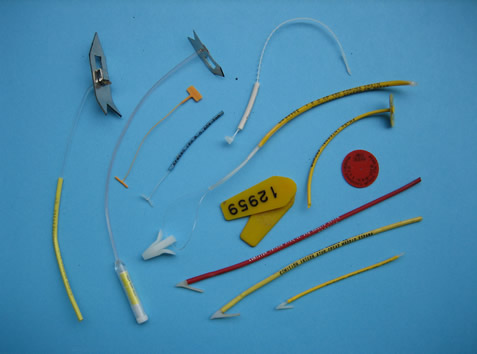
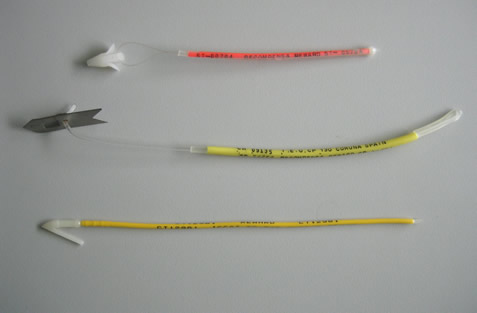
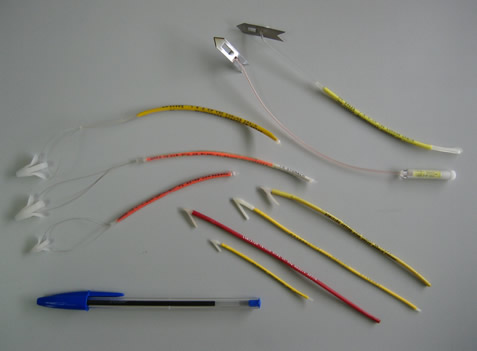
Conventional tags
There are different types for use in fish of different sizes. The tags have a serial number and an address for returning the tag if found on a fish.
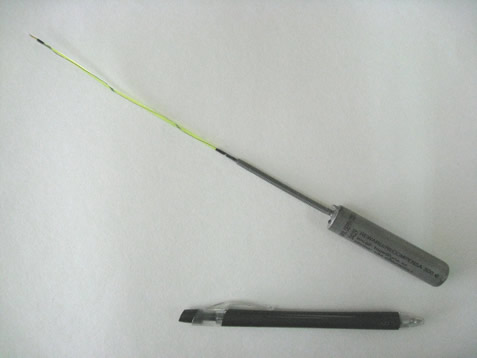
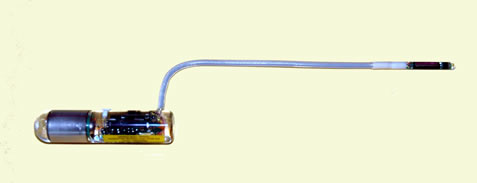
Archival tags

Tunas and billfishes are tagged to obtain information about their movements, migrations, stock structure, growth, population size, mortality, schooling behaviour, and physiology and to investigate the effects of various patterns of fishing on the fish and the fisheries. Tunas and billfishes are currently being tagged by many different organisations in all parts of the world where they occur, and fishermen and fish handlers of many nations have the opportunity of encountering tagged fish. ICCAT has developed an international cooperative tagging program in the Atlantic Ocean and its adjacent seas. A number of member countries are now participating in the program and releasing many tunas, billfishes and tuna-like fishes tagged with either “conventional” tags, or electronic tags of various types (acoustic transmitters, archival tags, pop-up archival tags).
To make a tagging program successful, it is essential to secure the cooperation of both sport fishermen and industry in recovering these tags. Many of the tags that have been returned have been accompanied by incomplete data, or no data at all, so obviously there is a need for better systems for collection of the required information for the tagged fish that are recaptured. There may be substantial rewards associated with the recovery of a tagged fish, especially if the tag is an electronic one. These rewards are paid by the research agency involved in the tagging campaign. In addition, to promote recovery of tags, ICCAT holds annual lotteries with prizes of US$500.





